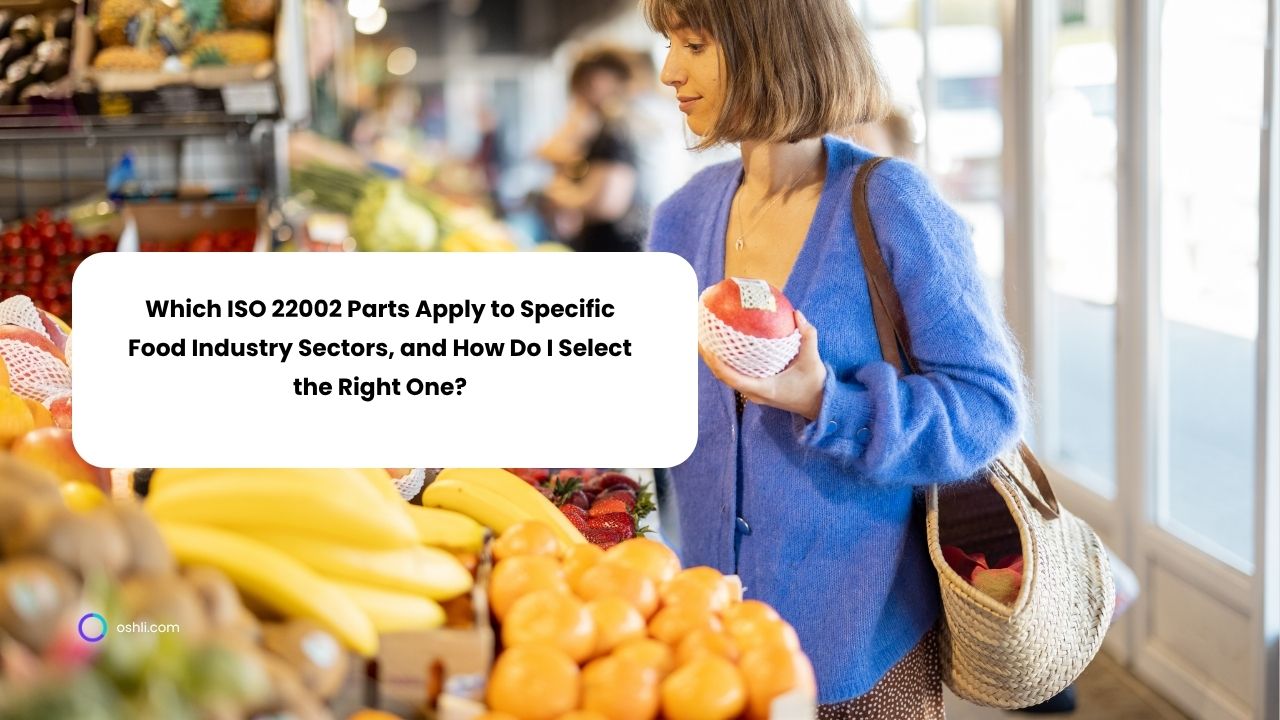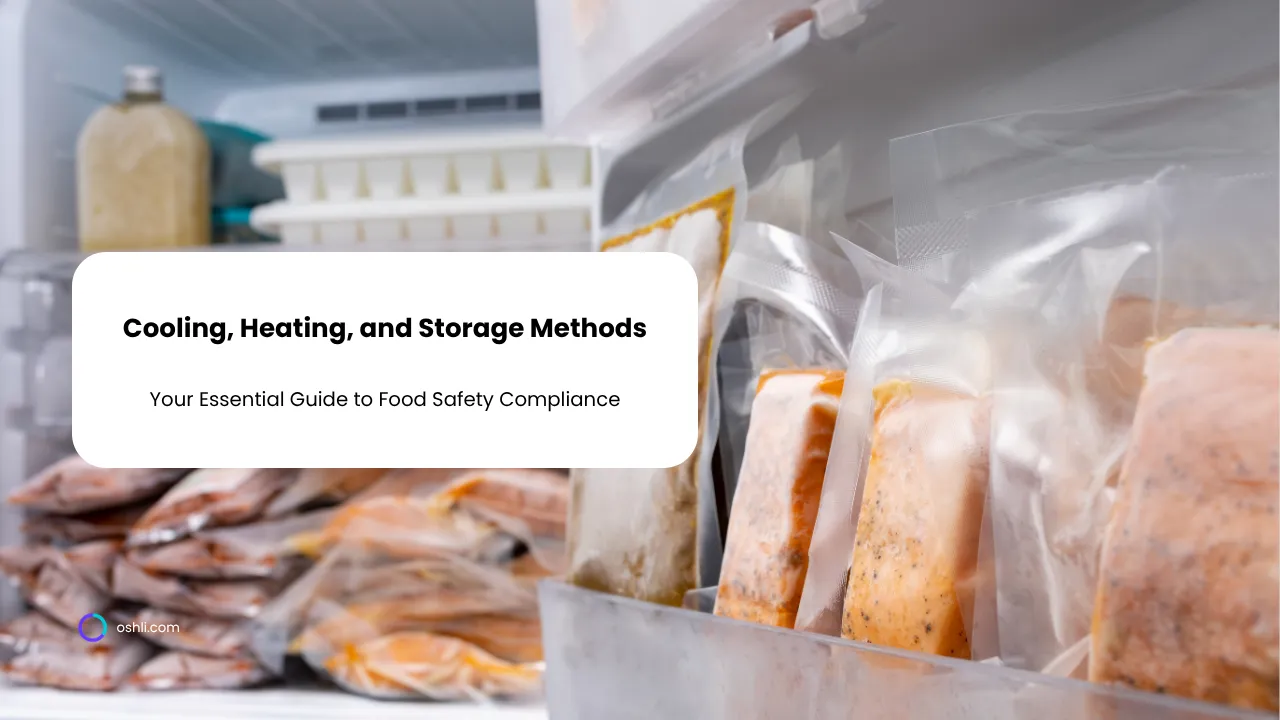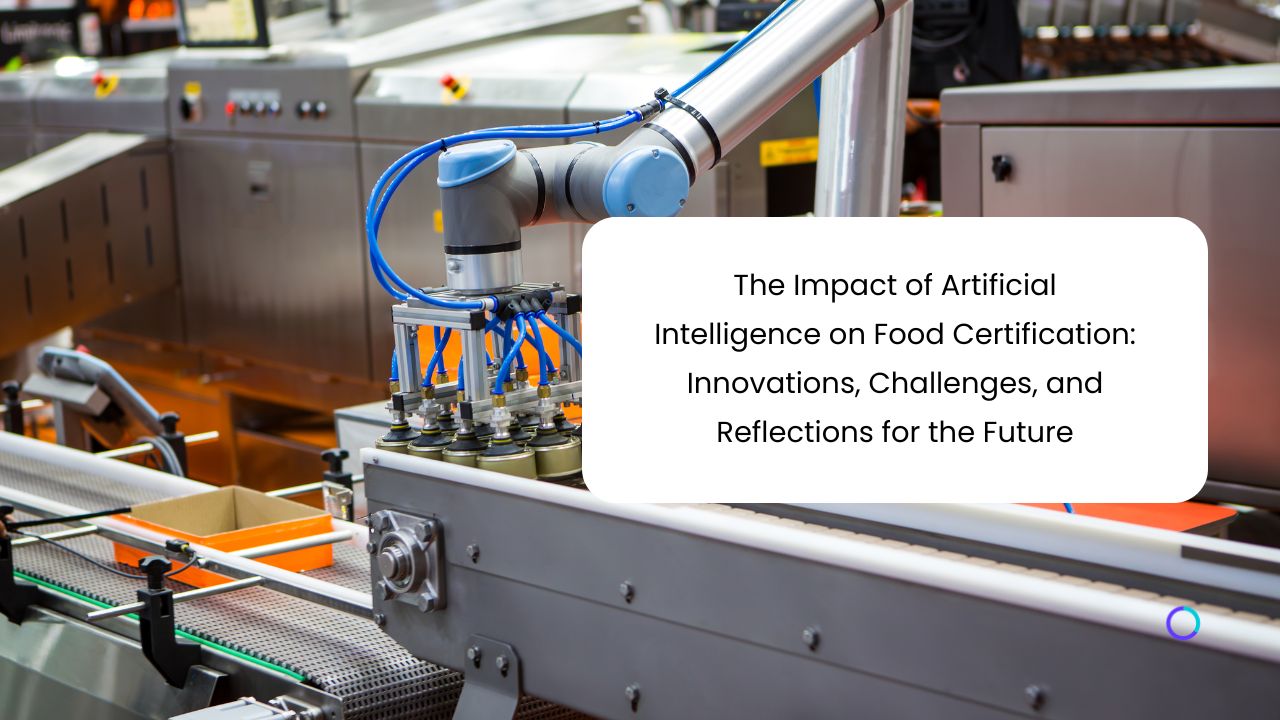ISO 22002 Parts for Food Sectors: Guide to Selecting the Right Prerequisite Program

In the dynamic world of food safety, ISO 22002 prerequisite programs (PRPs) are essential building blocks for robust management systems under ISO 22000. These technical specifications outline hygiene and operational controls tailored to specific sectors, ensuring compliance and risk mitigation. But with multiple parts in the series, how do you know which ISO 22002 part fits your business? Let's explore the key parts and a straightforward selection process.
Understanding ISO 22002: The Foundation of Food Safety PRPs
ISO 22002 series provides sector-specific guidance on prerequisite programs, complementing HACCP principles. Updated in 2025, it includes common requirements in ISO 22002-100 for broad applicability across the food chain. Keywords like 'food safety standards,' 'prerequisite programs,' and 'ISO 22002 compliance' are crucial for organizations aiming for certification like FSSC 22000.
Key ISO 22002 Parts and Their Applicable Sectors
Here's a breakdown of the main parts, focusing on food industry sectors:
-
ISO 22002-1: Food Manufacturing – Ideal for processors handling raw materials into finished products, such as dairy, meat, bakery, and beverages. It covers facility layout, equipment maintenance, and pest control to prevent contamination in production environments.
-
ISO 22002-2: Catering and Food Service – Tailored for restaurants, hospitals, and event catering. Emphasizes hygiene in food preparation, storage, and serving, including waste management and allergen controls for high-volume service.
-
ISO 22002-4: Food Packaging Manufacturing – Essential for companies producing packaging materials in contact with food, like plastics and films. It addresses material safety, printing inks, and migration testing to ensure no harmful substances leach into products.
-
ISO 22002-5: Transport and Storage – Applies to logistics providers, warehouses, and cold chain operators. Focuses on temperature control, vehicle sanitation, and traceability to maintain product integrity during transit.
-
ISO 22002-6: Feed and Animal Food Production – For pet food and livestock feed manufacturers, covering raw material sourcing, extrusion processes, and mycotoxin prevention in animal nutrition chains.
-
ISO 22002-7: Retail and Wholesale – Suited for supermarkets, distributors, and wholesalers. Includes shelf-life management, cross-contamination prevention, and supplier verification in point-of-sale settings.
The overarching ISO 22002-100 integrates common PRPs like personal hygiene and facility design, applicable chain-wide.
How to Select the Right ISO 22002 Part for Your Operations
Choosing the correct part starts with self-assessment:
-
Identify Your Primary Activities: Map your core processes. Are you primarily manufacturing (Part 1), serving food (Part 2), or handling logistics (Part 5)?
-
Review Supply Chain Role: Consider upstream/downstream interactions. Packaging firms might need Part 4, while retailers lean on Part 7.
-
Consult Sector Benchmarks: Align with GFSI schemes or ISO 22000 requirements. For multi-sector ops, combine parts or use 22002-100 as a base.
-
Seek Expert Guidance: Engage certification bodies or consultants for gap analysis. Tools like risk assessments help pinpoint needs.
-
Stay Updated: With 2025 revisions incorporating AI and sustainability, regular reviews ensure ongoing compliance.
By selecting the right ISO 22002 part, you'll enhance food safety, build consumer trust, and streamline audits. Whether you're in food manufacturing or retail, these PRPs are your roadmap to excellence. Ready to implement? Start with a PRP audit today!
Join our newsletter!
Enter your email to receive our latest news.
Don't worry, we don't spam
Related Articles

Guide to Developing a Professional Checklist for ISO 45001 Diagnostic Audits
The ISO 45001 standard establishes a framework for Occupational Health and Safety Management Systems (OHSMS), aiming to enhance employee safety, reduce workplace risks, and create safer working conditions. A diagnostic audit aligned with ISO 45001 is a proactive approach that allows organizations to assess current compliance, identify weaknesses, and prioritize improvements. Central to this process is a professionally structured checklist that ensures consistency, accuracy, and depth in audit execution.

Cooling, Heating, and Storage Methods: Your Essential Guide
Discover how to create a cooling, heating, and storage methods template to ensure food safety, meet compliance, and optimize temperature control with free templates.

The Impact of Artificial Intelligence on Food Certification: Innovations, Challenges, and Reflections for the Future
Food certification has long been a cornerstone for ensuring the quality, safety, and consumer trust in the products we eat. In recent years, artificial intelligence (AI) has been transforming various sectors—and food certification is no exception. This article, written in approximately 3000 words, dives deep into how AI is reshaping the world of food certification. It explores the benefits, the uncertainties, and raises questions that invite us to rethink the traditional models of food safety.


